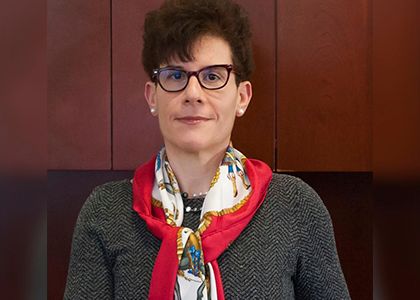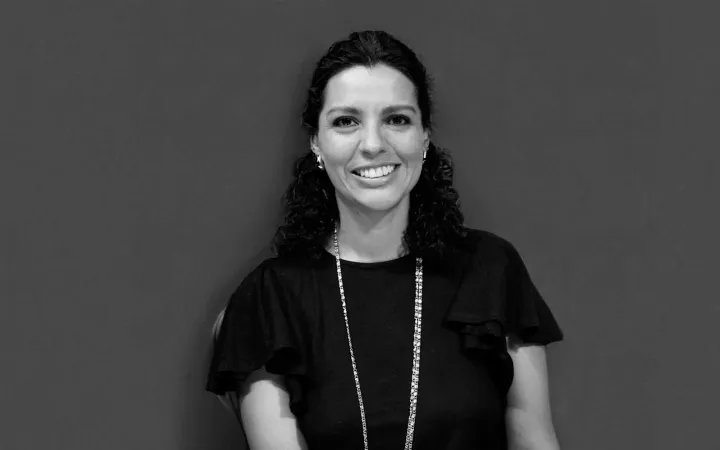
Por Pola Strauss, socia y co-fundadora de la consultoría de datos Daat Analytics. Economista por el ITAM, con experiencia en el sector privado y público. Más recientemente, Pola se desempeñó como la cabeza del equipo de Analítica (CAO) en una destacada organización sin fines de lucro.
Haciendo un análisis retrospectivo respecto a mi carrera profesional, alcanzo a notar que siempre ha sufrido cambios, pero cada vez con el objetivo de emprender retos aún más grandes. El último, como científica de datos, y al que incursioné hace cinco años, no es la excepción, pues ya desde tiempo atrás ha sido la irrupción de moda con la aparición de los modelos basados en inteligencia artificial.
Como economista de formación, los números siempre han sido mi pasión y las matemáticas y la estadística mis herramientas favoritas. Los números lo saben y guardan memoria. Por ello es que para mí resulta evidente que desde hace tiempo estamos viviendo la era de la economía del dato. ¿Qué quiere decir esto? Partamos del concepto. Por definición, la inteligencia artificial es la base a partir de la cual se imitan los procesos de inteligencia humana mediante la creación y la aplicación de algoritmos creados en un entorno dinámico de computación.




